
Read or listen offline
Amazon Kindle
auto-generated audio
1×
Log in to listen to the audio summary.
auto-generated audio
Recommendation
Economics professor David VanHoose puts forward a vigorous argument against using taxes to control bank behavior and protect the banking system from future shocks. He contends that such measures would prove ineffective in real-world banking. Though some of VanHoose’s assumptions will meet with opposition, getAbstract believes his ideas will trigger discussions on banking tax among finance professionals, regulators and government policy makers.
Summary
About the Author
David VanHoose is an economics professor at the Hankamer School of Business at Baylor University.







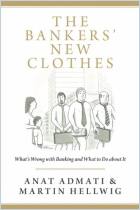
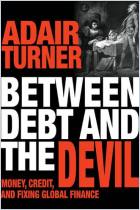
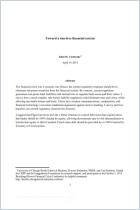
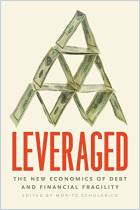
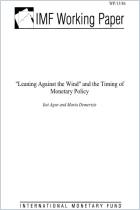
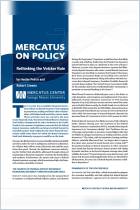

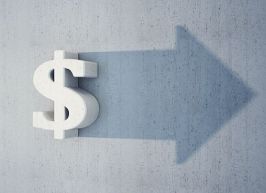







Comment on this summary or Start Discussion